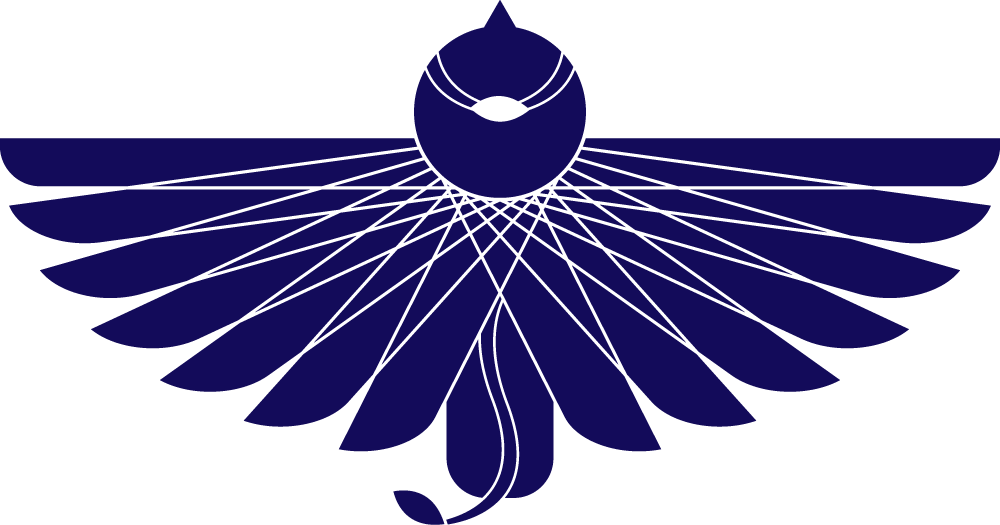Why I won’t prescribe donkey skins (ejiao)
….and why you should look out for this inhumane “ingredient”
The New York Times recently reported that, despite this being the Year of the Rabbit according to the Chinese zodiac, it might rightly be considered the Year of the Donkey. The 2023 Oscar nominee EO invited viewers to see the world from a donkey’s perspective. And now, a major study published in the journal Science sheds new light on the genetic history of the donkey’s domestication.
In the Chinese medicine materia medica, “herbal medicine” includes mostly plant parts like roots, stems, and leaves, but also minerals and, in some cases, animals. Many people are aware that certain animal body parts that have been used in Chinese medicine, including tiger bones and rhinoceros horns, are now widely shunned in the name of protecting critically endangered species.
However, fewer people may know that animals like turtles and the humble donkey are still widely killed for Chinese herbal medicines. The ingredient ejiao, found in numerous classical formulas, is gelatin made from boiled donkey skins. And demand for these skins to supply the growing global Chinese herbal medicine industry is threatening poor villages and causing unnecessary suffering to donkeys–a species of animal that has been living in community with humans for more than 5000 years.
When I was training to practice acupuncture with animal patients, the first horse I ever treated was a gorgeous girl named Artemis, who, despite the chronic back pain she was experiencing, was able to relax into her treatment and even began to nod off as her needles settled in. In retrospect, I cannot help but be struck by the irony that Chinese medicine is increasingly used to offer care and relief to horses, while at the same time, increasingly perpetuating an incredibly cruel industry in which donkeys, their genetic cousins, suffer and die to be made into herbal “medicine.”
Rigorous investigation into the global donkey skin trade by the UK-based Donkey Sanctuary describes how millions of donkeys are slaughtered each year to satisfy the demand for ejiao, The cruelty of transporting and butchering these animals is argument enough for disavowing them as “ingredients” in medicines intended to support holistic healing. However, if more arguments against the trade were needed, you could also consider the biosecurity risks of the trade and its implications for human health; the devastating impacts on poor African communities who rely on working donkeys for their livelihoods; and the exploitation of the donkey skin trade to shield illegal wildlife trafficking.
In his interview with The New York Times about his recently-published genomic research into the donkey’s history, Dr. Ludovic Orlando says of the ejiao industry, “This goes so obviously against animal welfare and causes a threat to local donkey populations and to those who depend on this animal for their subsistence, If anything, our work reveals that our relationship with the animal goes really far back in time. This should help us realize the innumerable services they provided to humankind, and hopefully make us grateful.”
In Chinese medicine, ejiao is considered a blood tonic that also nourishes the Yin of the body. Fortunately, we have multiple plant-based options that can serve to nourish the blood and which do not come with the ethical baggage of donkey skins. When my patients require the benefits of a formula that has traditionally included ejiao, I reformulate the blend, substituting similar blood tonics for a medical alternative that is suitable for vegetarians, vegans, and anyone who cares about humane and sustainable sourcing of their medicines.
As a believer in the dignity of all of our animal brothers and sisters, I really recommend The Donkey Sanctuary’s materials for their in-depth coverage of this issue, and their creative efforts to seek humane alternatives (including promoting humanely lab-grown ejiao!). And as your herbalist, I am dedicated to offering holistic care that is as humane and sustainable as possible–and looking forward to increasing numbers of Chinese medicine practitioners joining me in this endeavor.
(Read more about the benefits of Chinese herbal medicine.)
Dr. Lisa Franzetta is a licensed acupuncturist and herbalist in Oakland, California. For patients across the United States interested in humane, plant-based herbal medicine formulations, she is available for telehealth herbal consultation and prescription.


